I have a varchar column which holds date and time information in the below format:
20140813-14:01:05
This is in GMT. How do I change it to EST by subtracting 4? I used convert function and dateadd, but not getting the result I want.
Could someone please help?
thanks.

